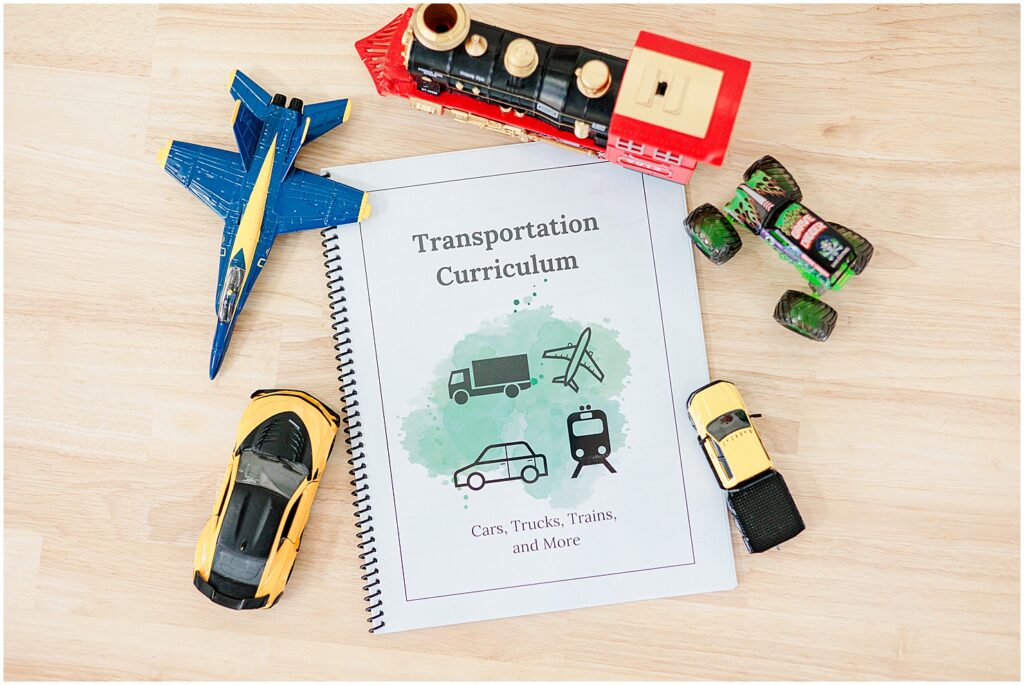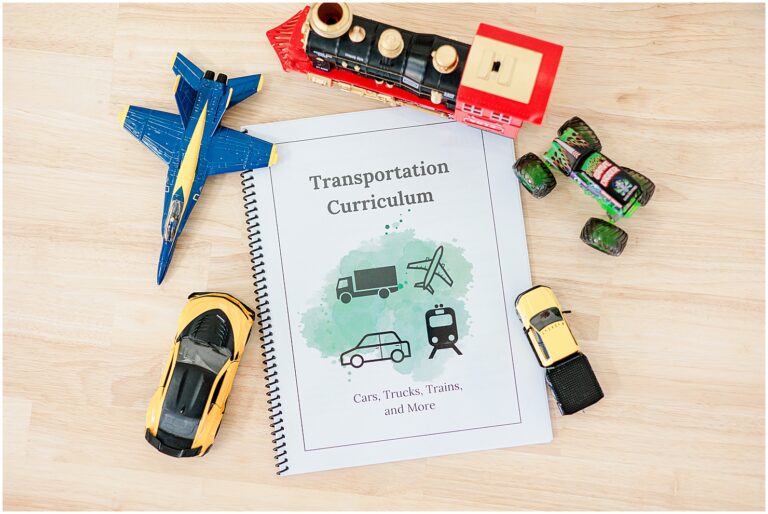Montessori vs Homeschool | Pros and Cons
Montessori vs homeschool are two popular alternatives to traditional schooling. Both approaches offer unique benefits to children, but they differ significantly in terms of philosophy, structure, and delivery.
Montessori education emphasizes independence, self-directed learning, and hands-on exploration. Homeschooling allows parents to tailor their children’s education to their individual needs and interests.
Ultimately we chose to homeschool our children because it provides more freedom. We can choose to implement Montessori strategies whenever we see fit. We have the freedom to travel (worldschool) and shape each of our children’s education to fit their specific needs.
In this blog post, we will explore the similarities and differences between Montessori vs homeschool approaches, weigh the advantages and disadvantages of each, and help you determine which one might be best for your child’s learning style and overall development.

Montessori vs Homeschool: Which Approach is Best for Your Child’s Education?
As parents, we want to provide our children with the best possible education to set them up for success in life.
However, with so many schooling options available, choosing the right approach can be a daunting task. In recent years, two alternatives to traditional schooling have gained popularity: Montessori education and homeschooling.
Let’s explore the similarities and differences between these two approaches to help you decide which one might be best for your child’s education.
Montessori Education
The Montessori approach to education was developed by Dr. Maria Montessori in the early 1900s. It emphasizes independence, self-directed learning, and hands-on exploration.
In a Montessori classroom, children work at their own pace and choose activities based on their interests. The teacher acts as a guide, offering support and encouragement, but allowing the child to take the lead in their own learning.
Structure
Montessori schools typically have mixed-age classrooms, with children aged 3-6, 6-9, and 9-12 all learning together. There is no traditional grading system, and children are not compared to one another. Instead, they are encouraged to progress at their own pace and learn based on their individual abilities and interests.
Philosophy
The Montessori philosophy emphasizes that children learn best when they are given the freedom to explore their environment and learn through play. The Montessori materials are designed to be self-correcting, allowing children to learn through trial and error. The curriculum is child-centered and encourages children to take responsibility for their own learning.

Pros
Montessori education has several advantages, including:
- Self-directed learning: Children are encouraged to learn at their own pace and follow their interests.
- Independence: Children learn to be independent and take responsibility for their own learning.
- Hands-on exploration: The Montessori materials are designed to be hands-on and encourage children to explore and learn through play.
- Mixed-age classrooms: Children learn from one another and develop social skills by interacting with children of different ages.
Cons
What are the disadvantages of Montessori method?
Disadvantages: Montessori education may not be suitable for all children. Some disadvantages include:
- Limited structure: Children who thrive on routine and structure may find the Montessori approach too unstructured.
- Limited teacher-led instruction: Some children may need more teacher-led instruction than the Montessori approach offers.
Homeschooling
Homeschooling is an alternative approach to traditional schooling where parents take on the role of the teacher.
It allows parents to tailor their children’s education to their individual needs and interests. Homeschooling can be done full-time or part-time, and can be structured or unstructured.
Structure: Homeschooling can be structured or unstructured. Structured homeschooling involves following a set curriculum, whereas unstructured homeschooling allows for more flexibility and creativity. Parents can choose to homeschool their children for part of the day or full-time.

Philosophy
The philosophy of homeschooling is that parents know their children best and are in the best position to provide an education that meets their individual needs and interests. Homeschooling allows for a more personalized approach to education and allows parents to teach according to their own values and beliefs.
Pros
Homeschooling has several advantages, including:
- Personalized education: Homeschooling allows parents to tailor their children’s education to their individual needs and interests.
- Flexibility: Homeschooling can be done full-time or part-time, and can be structured or unstructured.
- Strong family bonds: Homeschooling allows for more time together as a family and can strengthen family bonds.
Cons
What are the disadvantages Homeschooling
Disadvantages: Homeschooling may not be suitable for all children. Some disadvantages include:
- Potential limited social interaction: Homeschooled children may have limited opportunities for social interaction with peers.
- Limited access to resources: Homeschooling parents may not have access to the same resources as traditional schools, such as libraries, laboratories, or extracurricular activities.
Which Approach is Best for Your Child?
Choosing between Montessori vs Homeschool ultimately depends on your child’s individual needs and learning style. Both approaches offer unique benefits and disadvantages, so it’s important to carefully consider which one might be best for your child.

If your child thrives on independence, hands-on learning, and a child-centered approach, Montessori education may be the right choice. However, if you value personalized education, flexibility, and a strong family bond, homeschooling may be the better option.
It’s important to note that both approaches can require a significant time commitment from parents. In Montessori education, parents may need to be involved in their child’s education outside of school hours, while homeschooling requires a significant time investment from parents.
Is Montessori like Homeschool?
Montessori and homeschooling are similar in some ways. Both involve personalized learning and hands-on activities. However, Montessori is a specific educational approach where children learn in a prepared environment with trained teachers. Homeschooling, on the other hand, can vary greatly depending on the family’s chosen methods and curriculum.
Final Thoughts
Montessori vs homeschool are two popular alternatives to traditional schooling that offer unique benefits and disadvantages.
While Montessori education emphasizes independence, self-directed learning, and hands-on exploration, homeschooling allows parents to tailor their children’s education to their individual needs and interests.
Ultimately, the decision between these two approaches (montessori vs homeschool) depends on your child’s individual needs and learning style, as well as your family’s values and lifestyle.
By carefully considering the advantages and disadvantages of each approach, you can make an informed decision that will set your child up for success in their education and beyond.
More Resources:
Transportation Curriculum for Elementary aged students






